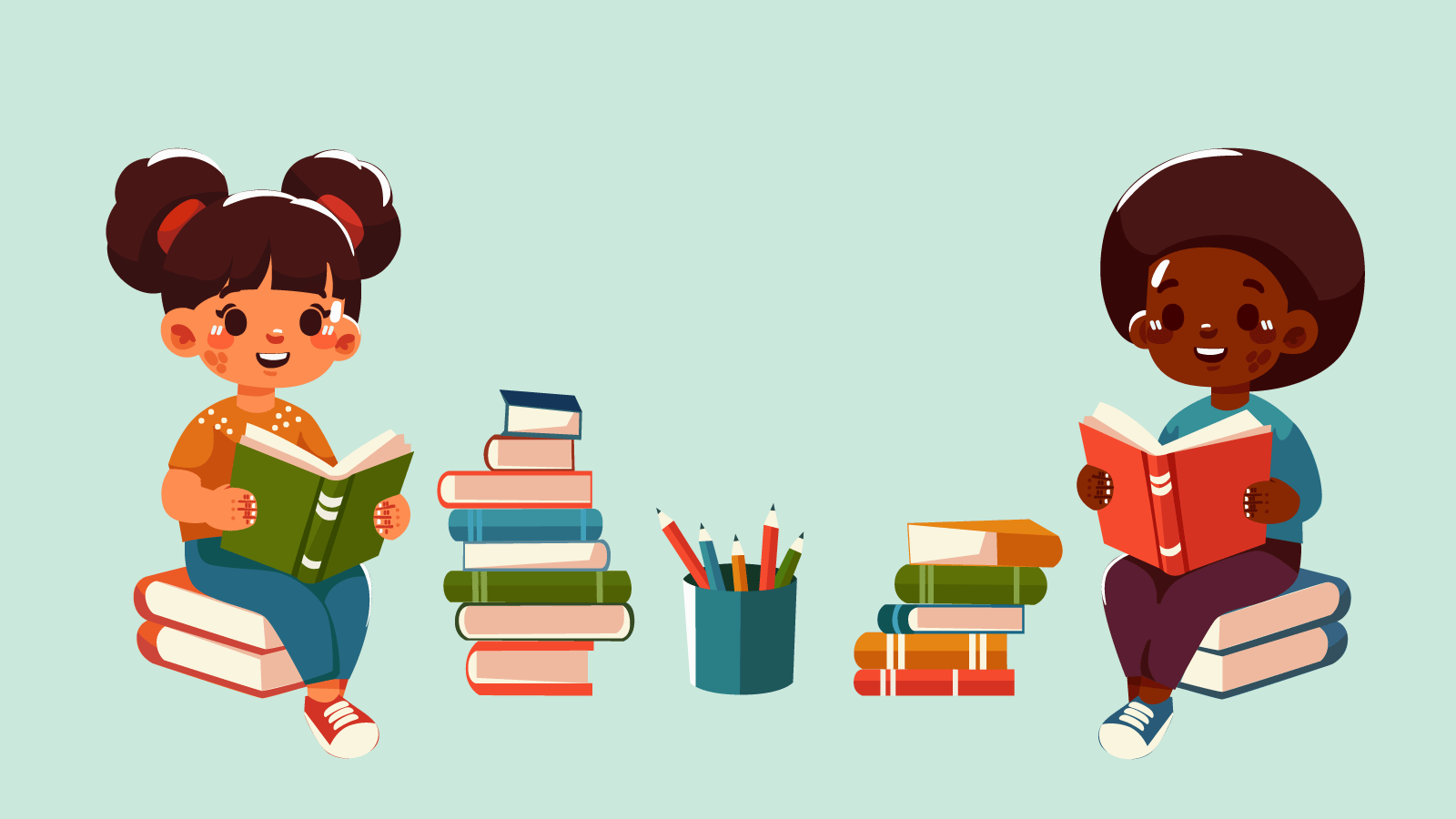Recognizing Patterns Kindergarten Worksheets
5 filtered results
-
From - To
Enhance your child's cognitive development with our "Recognizing Patterns Kindergarten Worksheets" at Kids Academy! Tailored for young learners, these engaging worksheets focus on identifying and repeating patterns using fun, colorful sequences. By practicing with shapes, colors, and objects, children sharpen their critical thinking, problem-solving, and logical reasoning skills. Perfectly suited for classroom or home use, these resources support foundational math understanding and pattern recognition, ensuring a smooth transition to more complex concepts. Explore our diverse collection to keep your child stimulated and confident as they master early learning skills. Start the pattern exploration journey today!
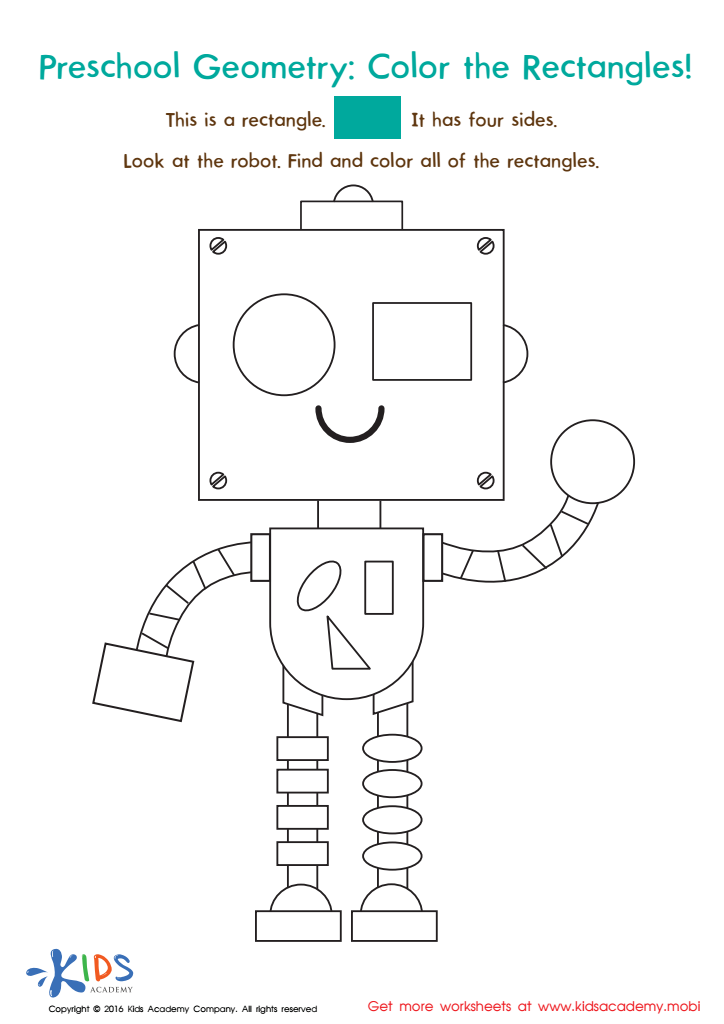

Geometry Worksheet


Sort and Count to the Moon Worksheet
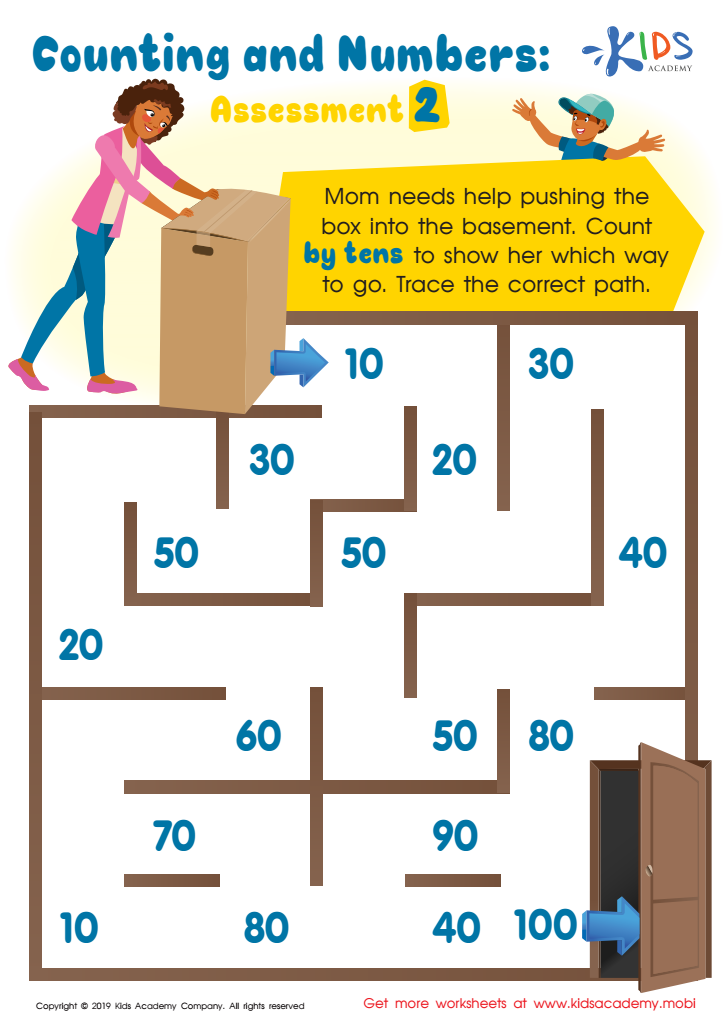

Counting and Numbers: Assessment 2 Worksheet
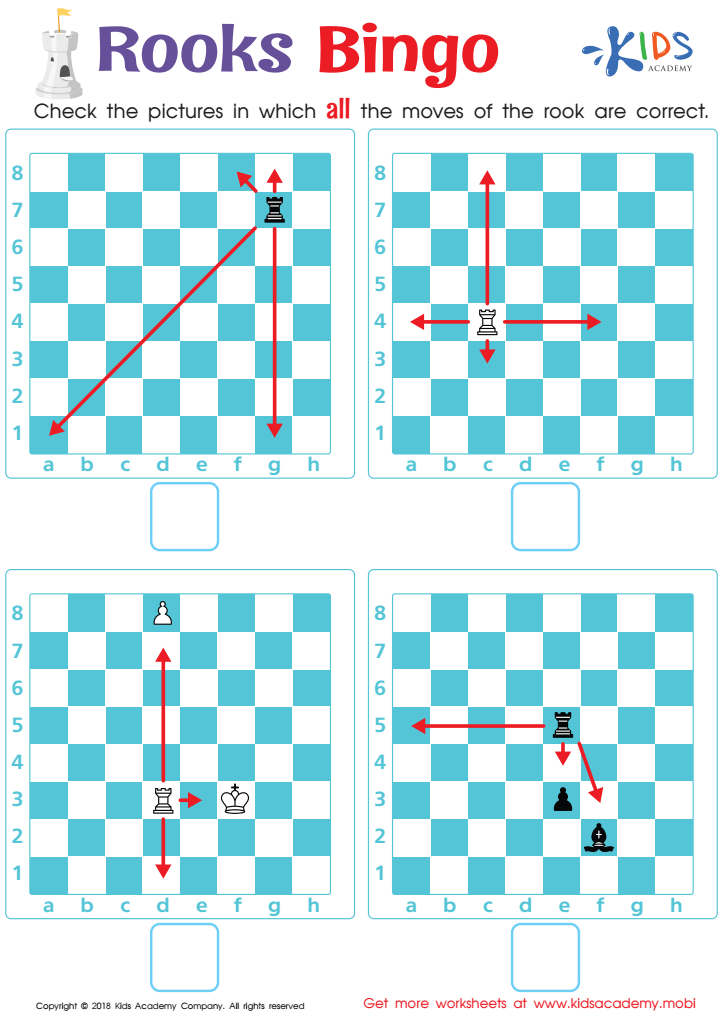

Rooks Bingo Worksheet
Recognizing patterns is a fundamental skill in a child's early development, forming the bedrock for more advanced learning in mathematics, literacy, and critical thinking. For kindergarten-aged children, recognizing patterns enhances their ability to understand and predict sequences in daily life, which reinforces a sense of order and predictability crucial for their sense of security and confidence.
From a mathematical perspective, pattern recognition is directly linked to understanding numbers, counting, and problem-solving. Familiar activities like arranging colored blocks, following rhythmic claps, or identifying the next item in a sequence help solidify these early math concepts. Moreover, patterns introduce children to the idea of abstract thinking, helping them trend toward more complex cognitive tasks.
Inclusivity of pattern-focused activities in a child's curriculum also advances their literacy skills. Recognizing repetitive sound patterns in language can aid in phonemic awareness, which is a critical precursor to effective reading abilities. It also enhances vocabulary as children learn to identify and predict the structures of words and sentences.
Therefore, pattern recognition in kindergarten is not merely about creativity or fun; it molds foundational academic and life skills that pave the way for future success. Both parents and teachers should emphasize pattern-related activities to foster an enriching, well-rounded early educational experience.
 Assign to My Students
Assign to My Students

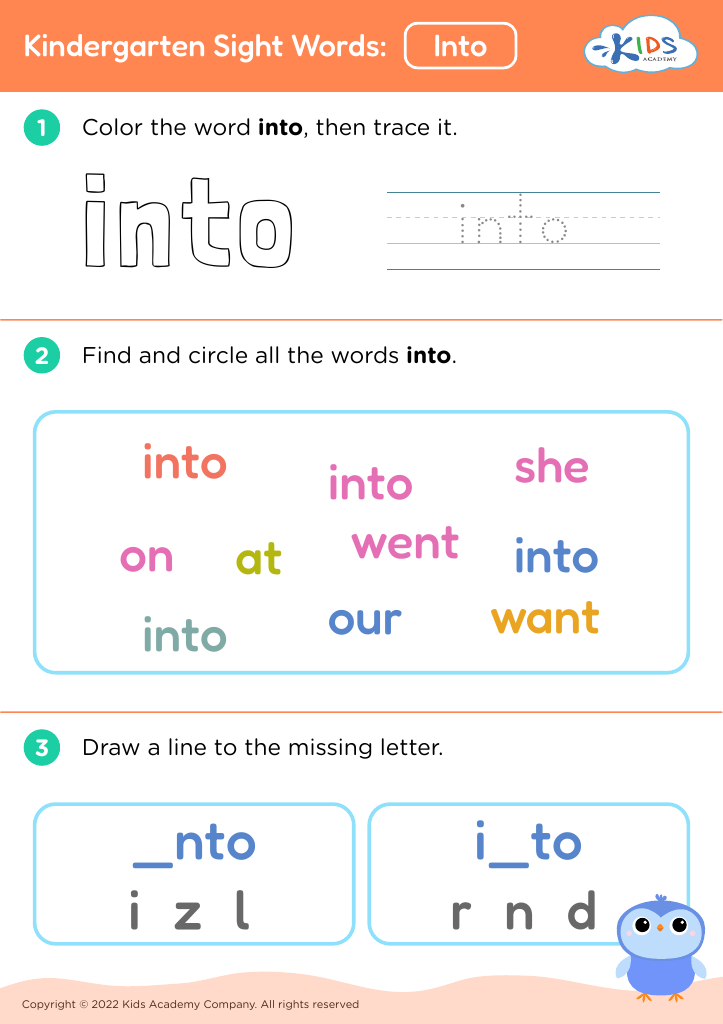







.jpg)
